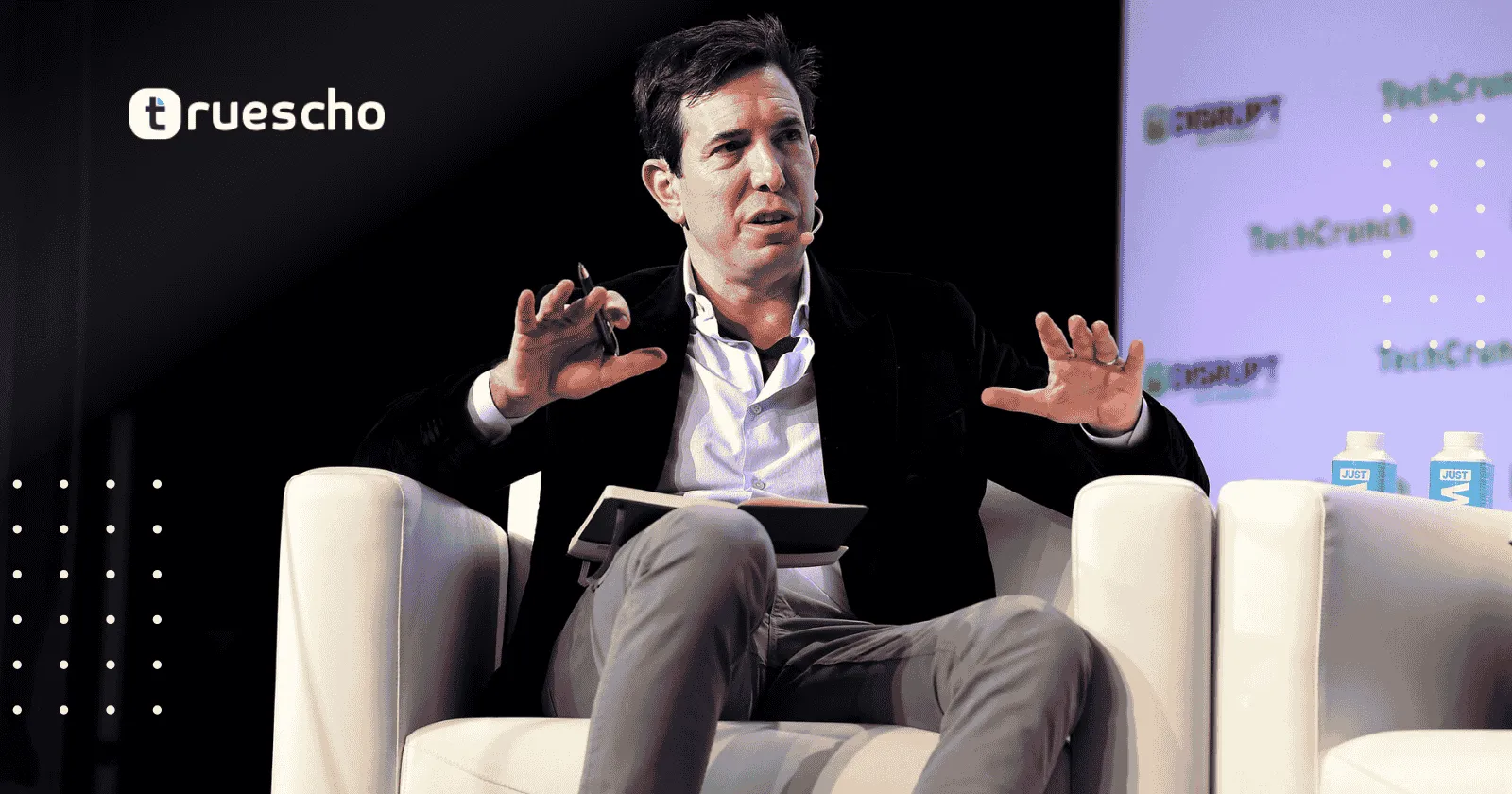Bradley Tusk says he makes more money with equity for services
Bradley Tusk, co-founder and managing partner of Tusk Venture Partners, recently made a striking observation about the state of venture capital. In a podcast discussion, Bradley Tusk pointed out that traditional VC is, in his view, a thing of the past—a model that hasn’t returned a single dollar to its limited partners in nearly four years. Instead, Bradley Tusk has shifted his focus toward an innovative “equity-for-services” model.
As the venture capital landscape evolves, Bradley Tusk remains at the forefront of change, advocating for alternative investment strategies that prioritize long-term sustainability over short-term gains. His perspective on the industry’s shifting dynamics continues to spark debate among investors and entrepreneurs alike.
Read also: Amazon Alexa Fund is now backing AI startups
Table of Contents
Why the Traditional VC Model is Losing Ground
Tusk explains that the conventional venture capital approach is feeling the strain due to a variety of economic challenges. Rising interest rates, declining startup valuations from their 2021 peaks, and a slowdown in both IPO and M&A activity have all contributed to a tough environment. Rather than relying on outdated models, he is betting on strategies that align more closely with his core strengths.
The Shift to Equity-for-Services
Under this new model, Tusk offers regulatory, legislative, and government-related expertise to startups in exchange for equity. This approach isn’t just a reaction to market conditions; it harkens back to his early career days when Uber, a fledgling transportation technology company, offered him equity for his consulting services. During those years, Tusk was instrumental in advocating for ride-sharing regulations across the United States.
Here are a few key reasons why Tusk believes equity-for-services is the way forward:
- Simpler Returns: Unlike the traditional venture model, there is no need to return large sums or fees to investors.
- Full Proceeds: With equity-for-services, Tusk retains 100% of the eventual gains from his investments.
- Aligned Incentives: This model fosters a closer alignment of interests between the startup and the advisor.
Read also: NA10 MCP Agent Update
A Background Shaped by Politics and Innovation
Tusk’s expertise wasn’t built in a vacuum. Before turning to venture capital, he carved out a notable career in political consulting. His work ranged from managing major political campaigns, like Michael Bloomberg’s 2009 mayoral race, to serving influential roles in state government. Over time, he learned firsthand how regulatory challenges can shape a company’s destiny. This background has made him a trusted advisor for startups navigating political and legislative hurdles.
Read also: N8N AI Agent: Breakthrough MCP Update

Looking Ahead
With the traditional venture capital model showing signs of strain, Tusk’s pivot to equity-for-services looks increasingly promising. His approach allows him to focus on nurturing startups through regulatory and legislative challenges rather than being bogged down by the constraints of typical fundraising and compliance requirements.
While Tusk Venture Partners continues to support its existing portfolio through 2031, his renewed focus on equity-for-services might very well be the future of startup support, combining passion with a strategic advantage in a rapidly evolving business landscape.
Read also: AI Is coming to the classroom






